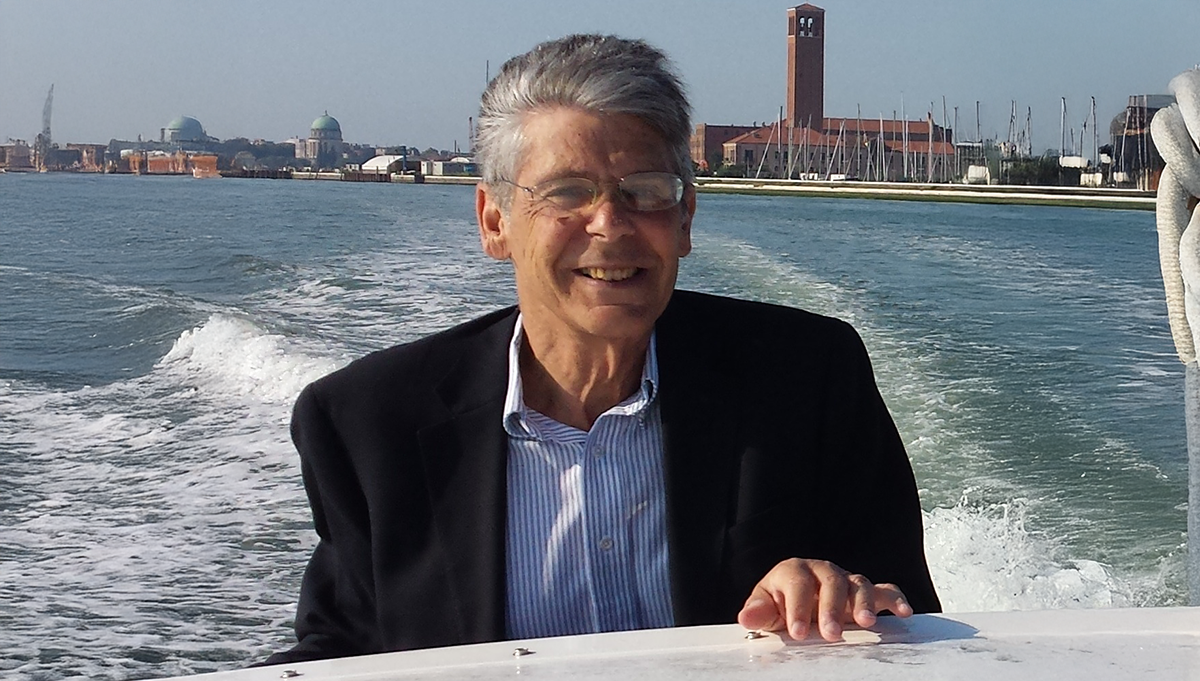The Man Behind the Letters of Fitzgerald, O’Neill, and Wilder
Jackson R. Bryer discusses his work compiling literary correspondences, the importance of Fitzgerald’s lesser-known stories, and the challenges of selecting Wilder’s letters, offering insights into preserving and understanding American literary legacies.
Jackson R. Bryer has long been a leading voice in American literary scholarship, dedicating his career to exploring and preserving the works of twentieth-century writers. As Professor Emeritus of English at the University of Maryland, he has authored, edited, and co-edited over 50 books, covering figures such as F. Scott Fitzgerald, Eugene O’Neill, Thornton Wilder, and Lillian Hellman. His meticulous research and editorial contributions have provided invaluable resources for both scholars and general readers.
In this exclusive interview for Reader’s House Magazine, Bryer offers insight into his extensive work compiling and editing literary correspondences, discussing the significance of Thornton Wilder’s letters and the overlooked brilliance of Fitzgerald’s short stories. His reflections shed light on the role of primary materials in shaping literary criticism and the importance of making these works accessible to a broader audience.
A passionate literary historian, Bryer continues to illuminate the lives and legacies of America’s greatest writers, ensuring that their voices endure for generations to come.
What inspired you to compile and edit the letters of Thornton Wilder, and what insights do they provide about his personality and relationships?
I had for many years been interested in and very supportive of thornton wilder’s work. In 1992, i edited a collection of interviews with wilder. I had also previously edited collections of the letters of eugene o’neill and f. Scott fitzgerald; so when i was asked to edit wilder’s letters i was both prepared and interested. Editing wilder’s letters gave me a great appreciation of the wide range of persons with whome he corresponded as well as with his extensive knowledge of literature, music, art, and theater.
How do you believe Wilder’s correspondence with literary figures like Hemingway and Stein influenced his own work?
I don’t think wilder’s correspondence with either stein or hemingway influenced wilder’s work in any significant way. Hemingway ands stein are very different writers from wilder; and while he admired their work, i don’t think it influenced him in any significant way.
What challenges did you face in selecting and organising the letters for “The Selected Letters of Thornton Wilder”?
Wilder wrote thousands of letters, sometimes as many as twenty in a single day. Our major task was in deciding which ones to include in a book of 400 pages. We tried to select letters from those with whom he corresponded most often––his parents, his brother, his sister isabel––as well as letters which covered the various aspects of his interests––in literature, theater, art, etc. We organized them cronologically, which seemed best to reflect his development as an artist.
In your opinion, what makes F. Scott Fitzgerald’s lesser-known works, like his neglected stories, so significant to understanding his overall legacy?
Fitzgerald’s stories are often neglected by critics and readers because it is assumed that they were written hastily for money to support him while he was finishing his novels. In reality, while some of his stories are artistically inferior to his novels, many of them contain passages of great and original writing; and some of them are major artistic achievements which merit much more study and critical attention than they have received heretofore; and it is not a complete picture of fitzgerald’s accomplishments to exclude them from appraisals of his writing.
How did you approach balancing scholarly analysis with accessibility for general readers in your works on Fitzgerald and Wilder?
I decided at any early point in my career that i could make a greater contriubution to literary scholarship by providing the raw materials for others to use rather than attempting to write literary criticism. Thus, i have compiled bibliographies, edited collections of letters, edited collections of interviews, and edited collections of essays. The intent has always been to provide primary materials on which others could base critical assessments. Because these are primary materials, the hope is that they are easily accessible to general readers; and that they will be of interest to general readers as well as to literary scholars.
What do you hope readers will take away from the exploration of these correspondences and essays about the lives and works of these iconic authors?
I do not want to impose any specific requirement on any reader of these materials. Because these are primary material––letters, interviews, personal reminiscences––they are basic to an understanding of the authors; but how they are interpreted will vary with the background and context of the reader who is receiving them. Each recipient will bring to these materials his or her own set of characteristics and will as a consequence come up with his or her own interpretation. And that is how it should be.


